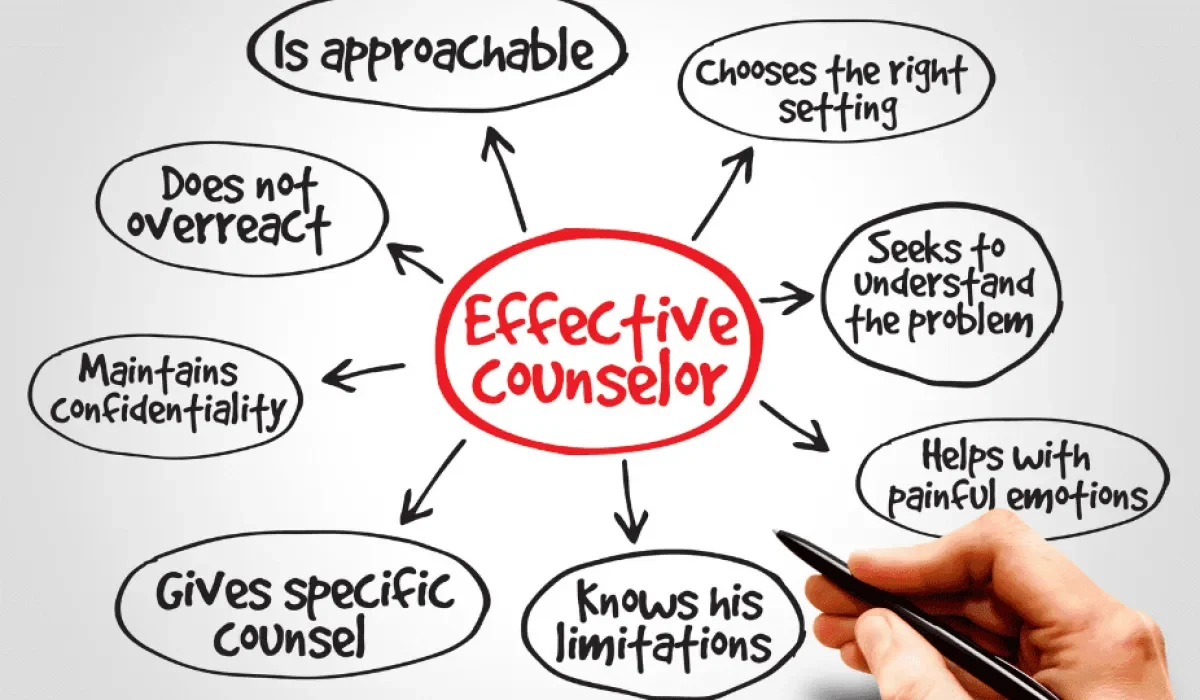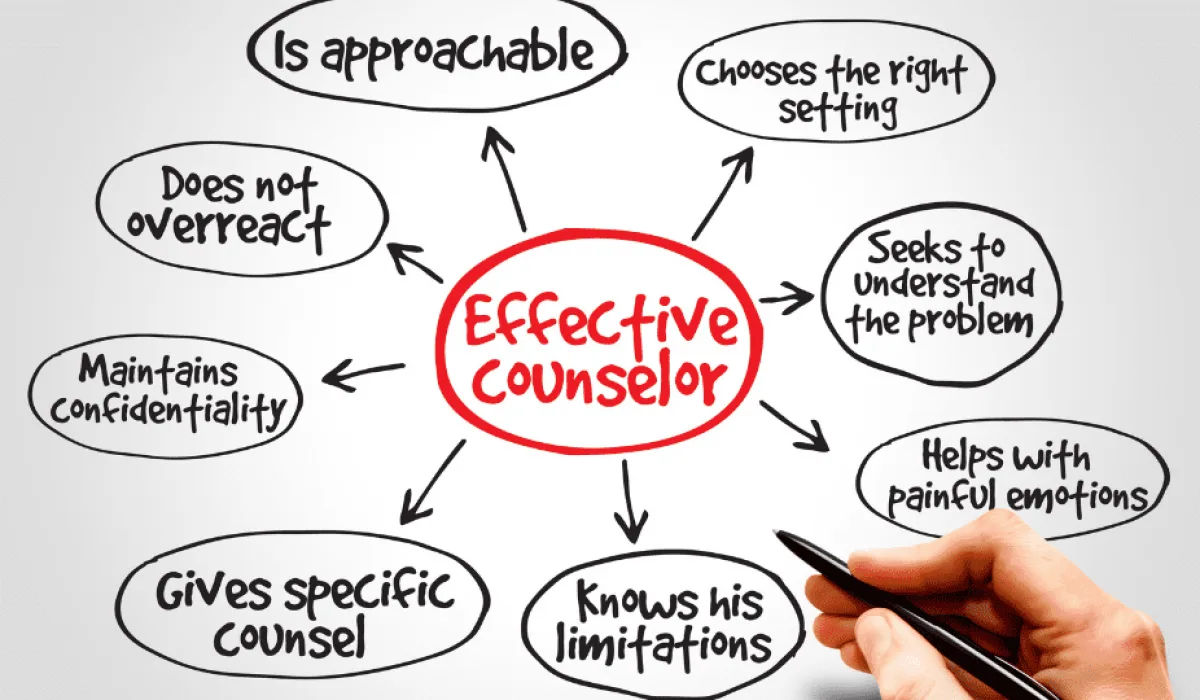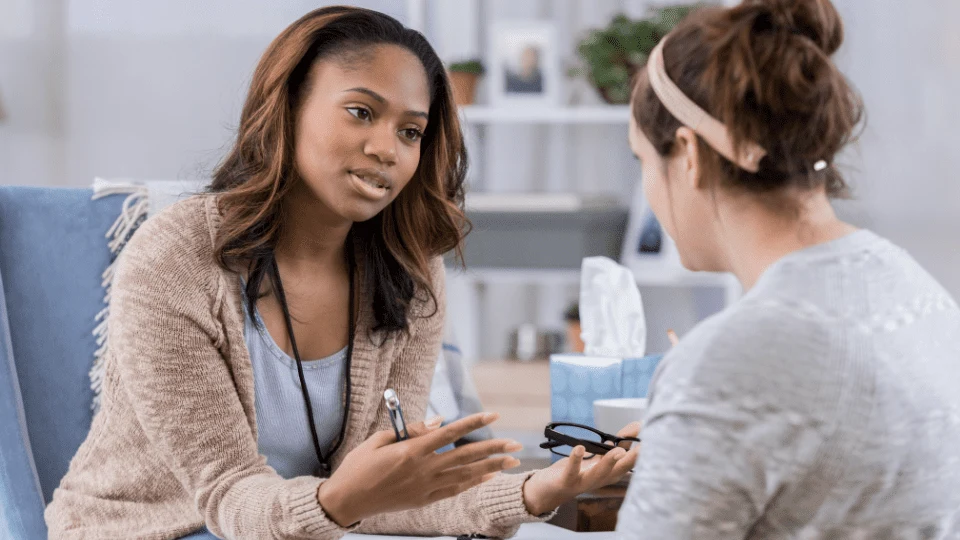Relationships, resembling intricate tapestries woven with love and shared experiences, can develop snags over time. Navigating the complexities demands effort and communication. Inevitably, there are moments when external guidance becomes a potential lifeline. Enter the counselor — a crucial figure in the relationship landscape. They act as skilled navigators, assisting couples in overcoming hurdles, improving communication, and fostering growth.
In the fabric of a relationship, a counselor stitches the threads of understanding and resilience. As relationships evolve, acknowledging the need for professional guidance is a proactive step towards sustaining and enhancing the beautiful tapestry of shared love and experiences.
The Evolution of Relationships
Before delving into the impact a counselor can have on a relationship, it’s crucial to understand the natural evolution of partnerships. Initial stages are often characterized by passion, excitement, and discovery. As time progresses, the dynamics shift, and couples encounter challenges that test the strength of their connection. These challenges can range from communication issues and trust issues to major life changes such as career shifts, parenthood, or loss.
The ability to adapt and grow together is vital for any relationship’s longevity. However, when couples find themselves at a crossroads, unsure of how to navigate the complexities they face, the presence of a skilled counselor can be a transformative force.
The Role of a Counselor in Relationship Dynamics
A counselor serves as a neutral third party, creating a safe space for couples to explore their thoughts, feelings, and concerns. Unlike friends or family members, a counselor brings a professional perspective to the table, equipped with the knowledge and skills to facilitate constructive conversations.
1. Communication Enhancement
Effective communication is the cornerstone of a healthy relationship. However, it’s easier said than done. Misunderstandings, unspoken expectations, and unaddressed issues can lead to resentment and distance. A counselor helps couples break down communication barriers, fostering a deeper understanding of each other’s needs and concerns.
Through guided discussions, couples learn active listening skills, how to express themselves assertively yet empathetically, and ways to validate their partner’s feelings. These tools empower couples to communicate more openly and effectively, promoting a stronger emotional connection.
2. Conflict Resolution Strategies
Conflict is inevitable in any relationship. What distinguishes successful couples is their ability to navigate conflicts in a constructive manner. A counselor assists in identifying destructive patterns and introducing healthier conflict resolution strategies.
By learning how to manage disagreements without resorting to blame or criticism, couples can transform conflicts into opportunities for growth. This not only strengthens the relationship but also builds resilience for future challenges.
3. Uncovering Underlying Issues
Relationships often face turbulence due to unresolved individual issues that spill over into the partnership. A counselor helps individuals explore their personal histories, traumas, or insecurities that may be contributing to relationship challenges.
Addressing these underlying issues not only promotes personal growth but also creates a foundation for a more stable and fulfilling partnership. It’s an introspective journey that, when guided by a counselor, can lead to profound revelations and positive transformation.
4. Rebuilding Trust
Trust is fragile, and once broken, it requires intentional effort to rebuild. Whether it’s infidelity, breaches of boundaries, or other trust-related issues, a counselor assists couples in understanding the root causes and developing a roadmap for rebuilding trust.
Through transparency, accountability, and a commitment to change, couples can work towards restoring trust and creating a more resilient foundation for their relationship.

When to Seek Counseling
Deciding to seek counseling is a personal choice, and there’s no one-size-fits-all answer. However, certain signs indicate that professional guidance might be beneficial for a relationship:
1. Persistent Communication Issues: If communication breakdowns are a recurring theme, making it challenging to express needs or understand each other, counseling can provide valuable insights.
2. Recurring Conflicts: Frequent and unresolved conflicts can create a toxic environment. A counselor helps identify the root causes and equips couples with the tools to address conflicts constructively.
3. Loss of Intimacy: A decline in physical or emotional intimacy can strain a relationship. A counselor assists couples in rediscovering the factors that initially drew them together and reigniting the flame of intimacy.
4. Major Life Transitions: Significant life changes, such as job loss, relocation, or the birth of a child, can disrupt relationship dynamics. Counseling offers support during these transitions, helping couples navigate the challenges they bring.
5. Individual Issues Impacting the Relationship: If personal issues such as mental health concerns, unresolved trauma, or addiction are affecting the relationship, a counselor can guide individuals towards healing, benefiting the partnership as a whole.
Overcoming Stigmas Associated with Counseling
Despite the proven benefits of relationship counseling, some individuals hesitate to seek help due to societal stigmas or misconceptions. It’s crucial to recognize that seeking counseling is not a sign of weakness but a proactive step towards building a healthier and more fulfilling relationship.
Counseling is not reserved for relationships on the brink of collapse; it’s a valuable resource for couples committed to enhancing their connection and navigating challenges together. Just as we prioritize physical health through regular check-ups, investing in the well-being of our relationships through counseling is a proactive choice that can yield lasting benefits.
Conclusion
In the intricate dance of relationships, a counselor can be the guiding choreographer, helping couples navigate the steps with grace and resilience. The decision to seek counseling is an investment in the partnership’s future, a commitment to understanding, growth, and shared well-being.
While a counselor cannot magically fix all relationship challenges, their expertise provides couples with the tools and insights needed to cultivate a thriving connection. By fostering effective communication, resolving conflicts constructively, addressing underlying issues, and rebuilding trust, a counselor can play a pivotal role in the journey towards a more fulfilling and enduring relationship.
So, can a counselor assist in improving your relationship? The answer lies in the willingness of individuals and couples to embark on this transformative journey, hand in hand with a skilled guide, towards a future marked by deeper understanding, resilience, and lasting connection.



